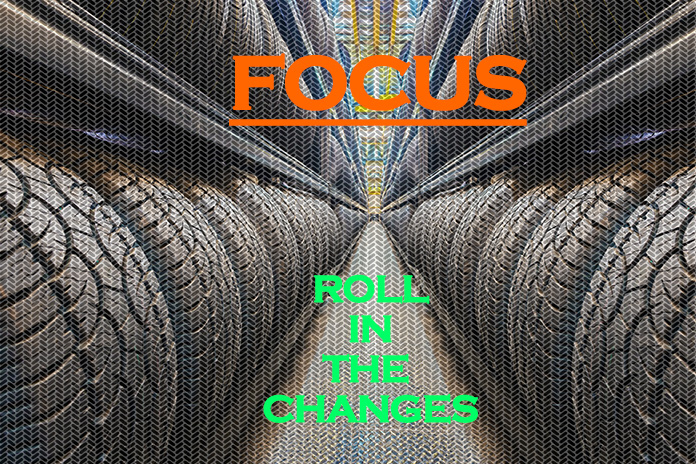 IF CHANGE is the only constant, then businesses that have prevailed over time have to constantly change to retain their edge.
IF CHANGE is the only constant, then businesses that have prevailed over time have to constantly change to retain their edge.
The impact of new technologies on various industries is forcing change that many members of society are trying to grapple with. It can be an unsettling experience as comfort zones are destroyed and iron rice bowls are shattered.
And what’s more unsettling for many — Boomers to Millennials — is the fact that the changes continue to roll in.
The automotive industry has been hugely affected by change.
When emissions threatened the planet, the call for change was loud.
But the delicate dance between big business and government was hard to stop at short notice. After all, these vehicles served very useful roles in building countries and economies.
The advent of electric vehicles (EVs) and alternative fuel sources will push this race along. But how will the industry and its eco-system be affected by changing attitudes towards brands and ownership, or when sharing becomes the preferred option?
With big businesses keen to leverage on their strengths and relationships, it will be difficult to effect change. There have been, and will be, rounds of negotiations before deals are struck.
Joining Forces
But it’s heartening that two of the automotive industry’s leading brands have set aside their rivalry to join forces.
It’s perhaps a sign of the times that the sharing economy has brought BMW Group and Daimler AG together to share resources in the area of mobility services.
With the next generation fixated on their mobile devices, automotive manufacturers are working to seamlessly connect all manner of digital activities for a world that pulses 24/7.
Timing is everything as businesses try to figure out when to switch to EVs. The lack of a definite plan of action makes this a difficult call.
Some have jumped in, seeking early mover advantage. Toyota, Nissan, BMW and Mercedes-Benz are among the bigger boys who are plugged into the new current.
Over 2 million electric vehicles were sold in 2018 and this number is expected to rise exponentially. The bulk of the sales was in China.
With battery prices dropping, and regulations around emissions becoming more stringent, expect more EV models to be launched.
When an efficient charging infrastructure is in place, selling cars will become an easier proposition.
Autonomous Vehicles may still be some distance away, but it signals the possibility of greater efficiency as on-demand services become available via personal devices.
Legislation will continue to advance or impede the progress of electric vehicles.
And what will the stand-off between the US and China bring to the table?
STORM-ASIA looks at various aspects of the changes sweeping over the automotive industry in this Focus: Roll In The Changes.
From brand to infrastructure, the electric journey is a pulsing one.
Focus — Roll In The Changes: Views from the automotive industry.
Mobility Megatrends — Threats And Gains
Sharing In The Sharing Economy
Infrastructure Is Key In Going Electric




















